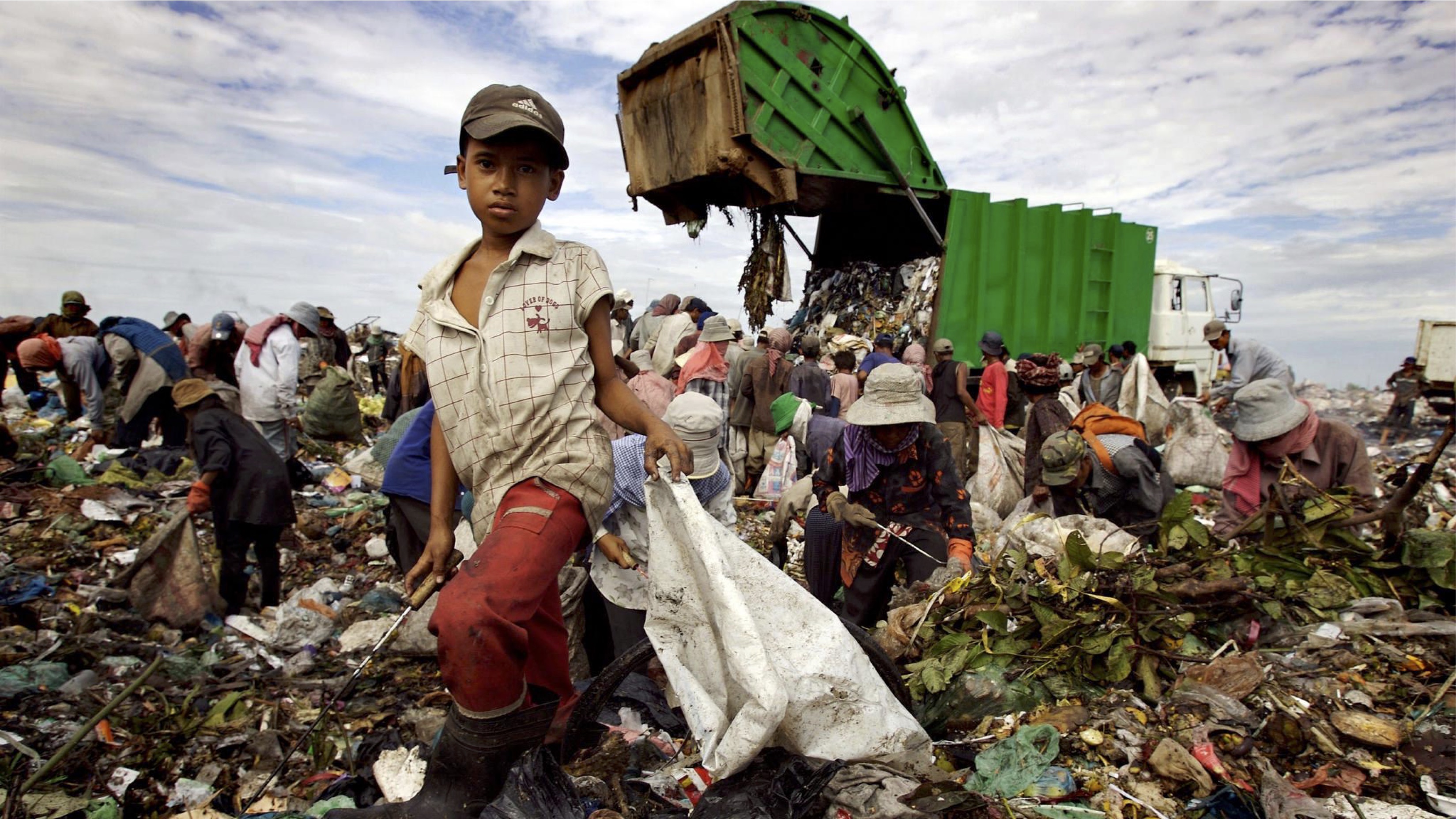
How Street Invest and Big Sofa created a remarkable video : ‘I am One in a Million’ from qualitative research findings – with the objective of changing the public perception of Street Children – to humanise them.
Street children’s stories: “I am one in a million”
Street children are young people who live and / or work on the streets and they can be found in every country of the world. The global population of street children is contested, however UNICEF state that the figure almost certainly runs into tens of millions and have put this figure as high as 150 million.
The need for accurate and disaggregated data is vital in providing support to this ‘missing’ population and qualitative and quantitative data have roles to play. To quote ODI’s The Data Revolution: “even the most willing governments cannot efficiently deliver services if they do not know who those people are.”
Positive change starts with informed perceptions
Quantitative data is needed to demonstrate the scale of the issue – the number of children living on the streets of a given country and the demographic of that population. But it is qualitative data that paints a true picture of street children’s realities and the complexity of the challenges they face day to day. Without such data, stakeholders, from NGOs to governments, cannot be properly equipped to intervene in street children’s lives.
Misinformed perceptions can lead to highly damaging actions. For example, if street children are seen as criminals, it can lead to incarceration and violence. If they are seen as passive victims with no rights, they may be removed from the streets at all costs, even if it is against their will or not in their best interest.
StreetInvest, a global charity that provides support to street children, approached video analytics company Big Sofa, to conduct a qualitative research study into street children, to try and challenge these perceptions as a starting point to drive change.
Ethnography on the streets
The research methodology was developed based on exploratory and ethnographic qualitative methods and was conducted in four countries: Guatemala, Zimbabwe, Kenya, and India.
Street children are often highly mistrustful of adults, who they may associate with abuse, which made access a barrier. It was agreed that the most effective and ethical* way to conduct the interviews was to utilise existing relationships between the street children and the ‘street workers’ in StreetInvest’s network. Street workers are trained adult social workers, who operate in street environments to build strong, trusting relationships with street children, to help them develop and grow in a positive way.
The discussion guide covered seven key areas: 1. relationship with family; 2. context around leaving home; 3. everyday lives, especially experiences around food and shelter; 4. experiences with “others” including non-street connected adults and children, other street children and institutions such as police, government officials; 5. work and money; 6. their knowledge of their rights; 7. future aspirations.
Fieldwork commenced over a six-week period and during this time, the street workers recorded 21 interviews and additional observational footage, with footage ranging in length between 2 minutes and 56 minutes.
The power of video analytics
The data was uploaded to Big Sofa’s platform after being translated and transcribed. The videos were analysed within the platform, its technology allowing analysts to code and tag specific speech patterns and phrases, based on the transcript, as well as behaviors, based on the visuals. Codes were drawn from the discussion guide, for example “Rights” and additional themes emerged during the analysis process, such as “Playtime” and “Religion”.
After analysing the raw footage and identifying key insights, a three minute long output film was created. The film used direct quotes from the children, organised thematically to share powerful insights into their lives. StreetInvest also have access to the extensive, searchable online video library of street child interviews, stored securely on Big Sofa’s platform.
Impactful, shareable output
Big Sofa’s technology can draw quantitative data from qualitative inputs, but the relatively small scale of the study meant the dataset could not be used for quantification. No matter: the power of this study lies in the shareable and impactful output film.
The film is a versatile asset which StreetInvest will use to support numerous streams of its strategy, including awareness raising and advocacy. One such example is its inclusion in StreetInvest’s ‘Values and Attitudes’ workshop. These workshops have been delivered to high-level stakeholders, including the Department of Social Welfare in Ghana and the film will help build deeper empathy and understanding among participants. Through this research, street children have been able to share their own stories, using in their own voice, in a manner which can be shared with those who have the power to change their lives.
* All the street workers involved were trained in Child Protection and informed consent was gained from the young people who participated in the filming.
About the Authors:
Georgina Day, Charity Impact and Communications at StreetInvest, UK
Flora Somogyi, Consultant at Big Sofa, UK
